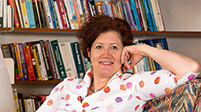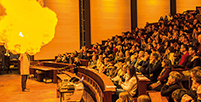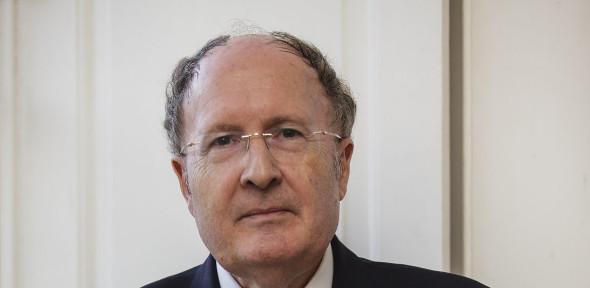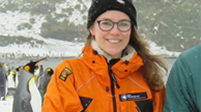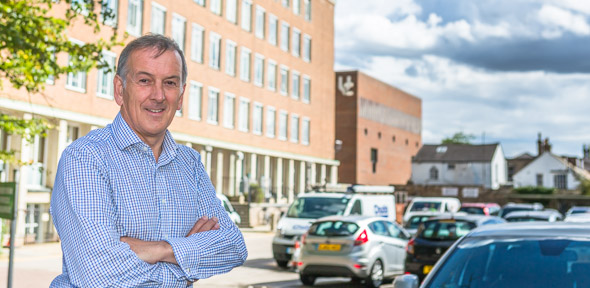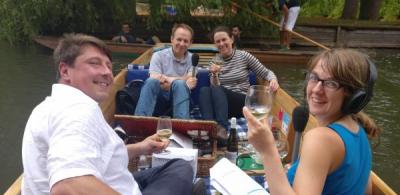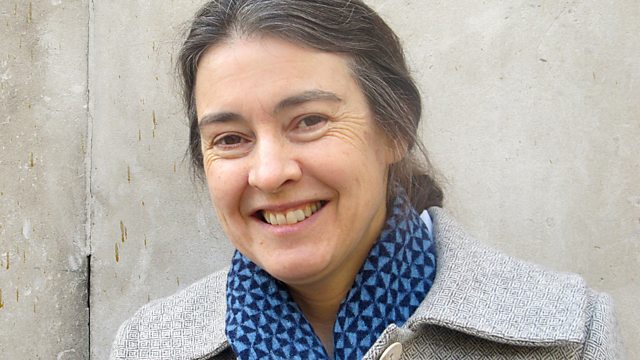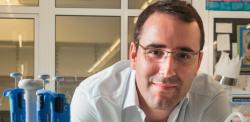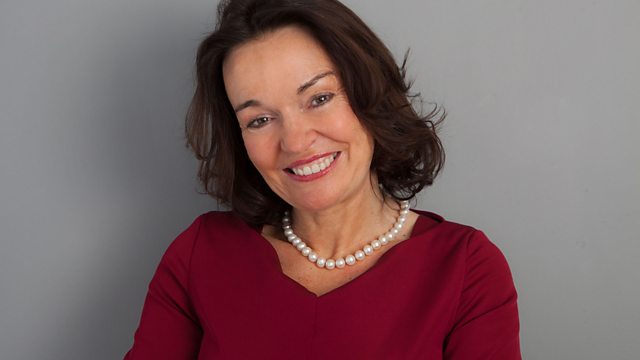See our videos
See our staff and students, below, talking about their work here in the department. Or view these videos, along with others, on the Cambridge Chemistry YouTube Channel.
Fun time lapse of BMS filling up for Dr Wothers lecture
Developing artificial leaves for carbon-neutral syngas production
Find out how Professor Erwin Reisner in collaboration is working with researchers in Chemical Engineering, Physics and the Henry Royce Institute to convert sunlight to sustainable fuels.
Professor Sir Shankar Balasubramanian, Falling Walls Foundation 2022
Breaking the wall to ultra-fast genome sequencing
Dr Peter Wothers' Cambridge Festival Lecture 2021
How the elements got their names
Gates Scholar Akhila Denduluri on why she chose Cambridge
Plants have Superpowers!
The Quest to Eliminate Plastic Waste
Watch how our researchers are working towards eliminating plastic waste and its effects on the environment.
Supporting Chemistry Postgrads
As part of their training, our PhD students take part in a Showcase Week where they develop their science communication skills through presenting posters and giving public talks about their research. It's a challenge – but an important one, as they explain here.
Why Chemistry is NOT for everyone!
Only people who like fire, loud bangs and making their own ice cream without a freezer should become Chemists. Watch our video to discover if YOU could be one of them!
Becoming a postgrad Chemistry student
Find out what it's like becoming a postgraduate (PhD or MPhil) Chemistry student at Cambridge.

